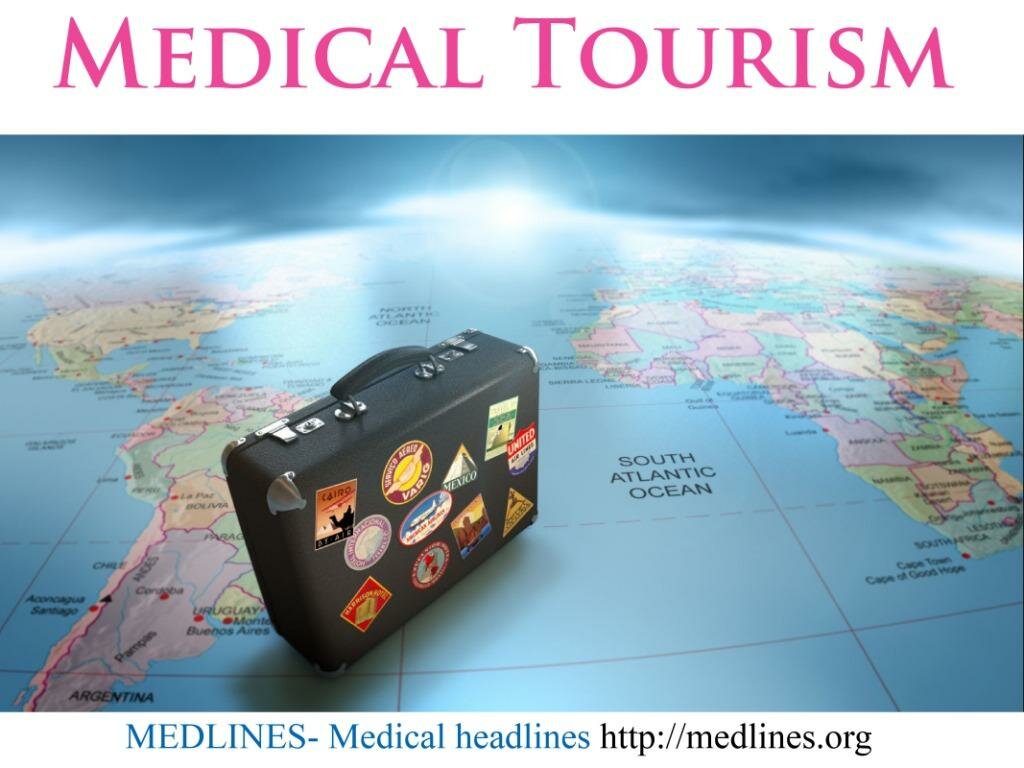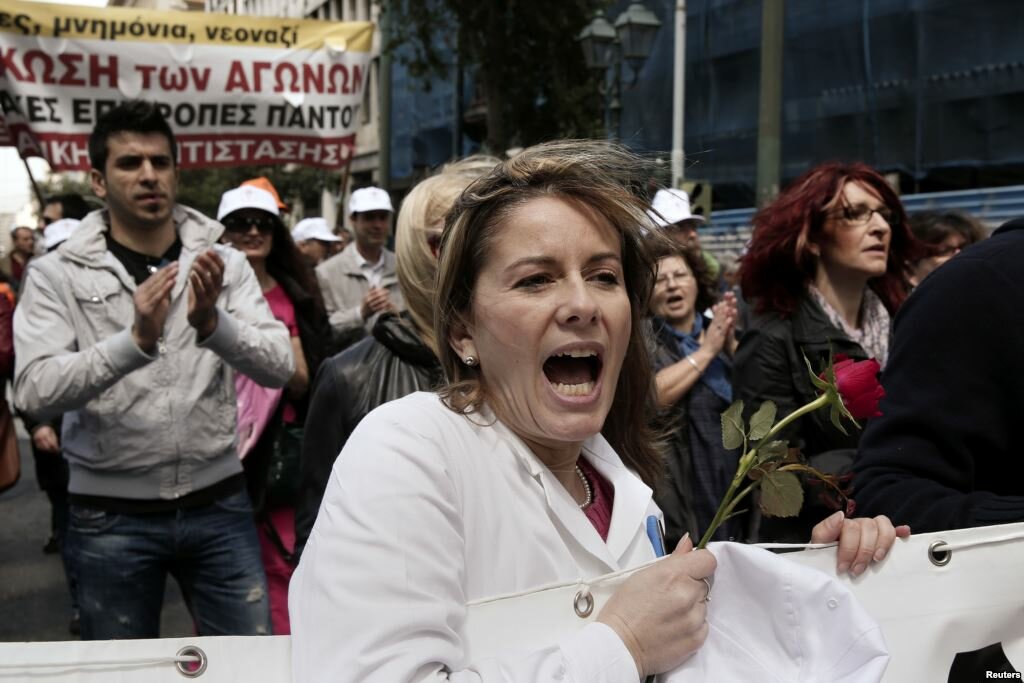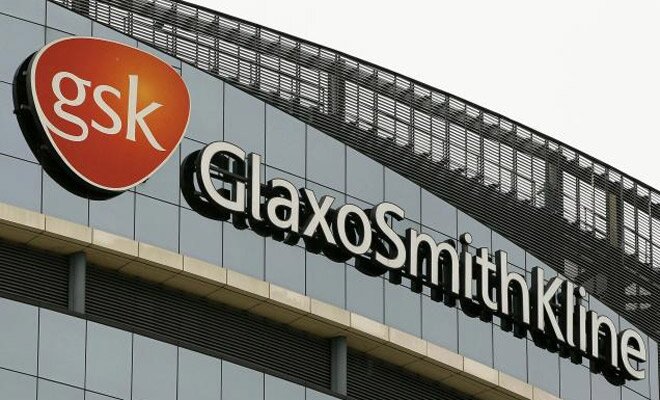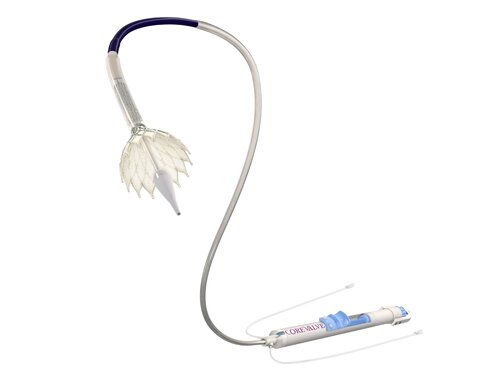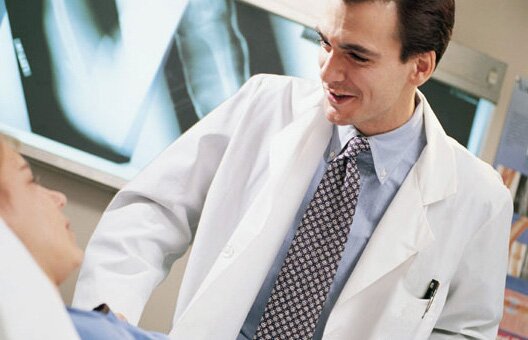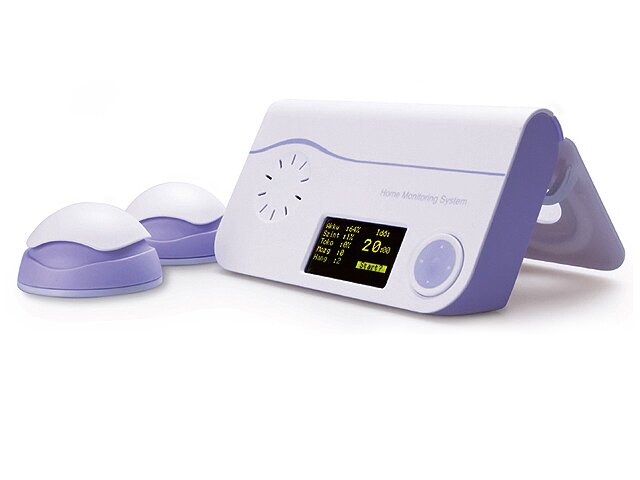The economic crisis has affected health spending
As a result of the economic crisis the growth in health spending has slowed down considerably in OECD countries: the health expenditure was reduced in one out of three countries between the years 2009 and 2011. According to the OECD this is a substantial change compared to the rapid growth in the years prior to the crisis. The biggest reduction was seen in Greece and Ireland which have had major financial difficulties. Also in Finland the rate of growth in health spending slowed down in 2010 and 2011. The ratio of health spending to GDP was 9.0 per cent in 2011, which is a bit below the average across the OECD (9.3 %). This information, among other things, appears from the Health at a Glance report published by the OECD, which compares health care, inhabitants’ health and health spending in 34 countries.
The volume of health care resources and staff is the same as on average in OECD countries. Despite this Finland has according to the OECD clearly longer waiting times for non-emergency surgery than on average, although the situation has clearly improved since the introduction of the system of guaranteed access to care in 2005. On the other hand, health care in Finland is fairly effective on the basis of quality indicators.
Increased alcohol consumption is a challenge Finland and the other Nordic countries, except Denmark, are among those few OECD countries where the alcohol consumption based on salesfigures has increased over the last twenty years. In recent years the consumption figures in Finland have however began to fall. In regard to health behaviour the report pinpoints drunkenness among 15-year-olds, which is fairly common in Finland compared to the average across the OECD.
There is also room for improvement in dietary habits – people in Finland eat less vegetables and fruit than people in other OECD countries. As regards physical activity among young people, Finland’s results vary. Finnish children aged 11 years are physically among the most active, whereas physical activity among those aged 15 years is of average level.
New comparable data on health care The Health at a Glance report, that is published every two years, contains this year new pieces of information. For instance the health care quality indicators contain information about the use of antibiotics. Antibiotics are prescribed in Finland to a smaller extent than in OECD countries on average, but broad-spectrum antibiotics are instead used to a greater extent than on average. Among the new indicators are also mortality in schizophrenic patients and patients with bipolar disorder compared to the general population. Besides Finland, only six other countries were able to report these figures.
Life expectancy in Finland is rising but there are still big differences between women and men The life expectancy for new-born babies is in Finland 80.6 years, which is half a year longer than the OECD average. Women’s life expectancy is significantly higher than that of men’s. Life expectancy for Finnish women is 83.8 years, which is one year higher than the OECD average, whereas life expectancy for men is the same as the OECD average, i.e. 77.3 years.
According to the report there is still room for improvement in particular in regard to cardiovascular diseases; Finland’s mortality rates are still considerably higher than in the majority of OECD countries. The same applies to deaths caused by accidents. On the other hand, infant mortality and cancer mortality are the lowest among the OECD countries. Finland has targeted resources for instance to the prevention of breast cancer, which is indicated by the high screening rates: a total of 86 per cent of women participate in screening, whereas the average for the OECD countries is as low as 64 per cent.
Source: Ministry of social services and Health Finland, http://www.finlandtimes.fi/opinion/2013/11/24/3303/The-economic-crisis-has-affected-health-spending
Pin It








